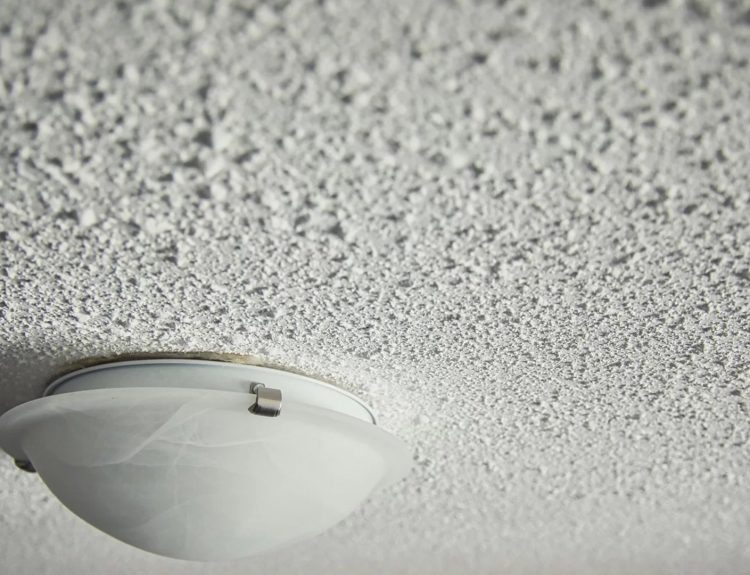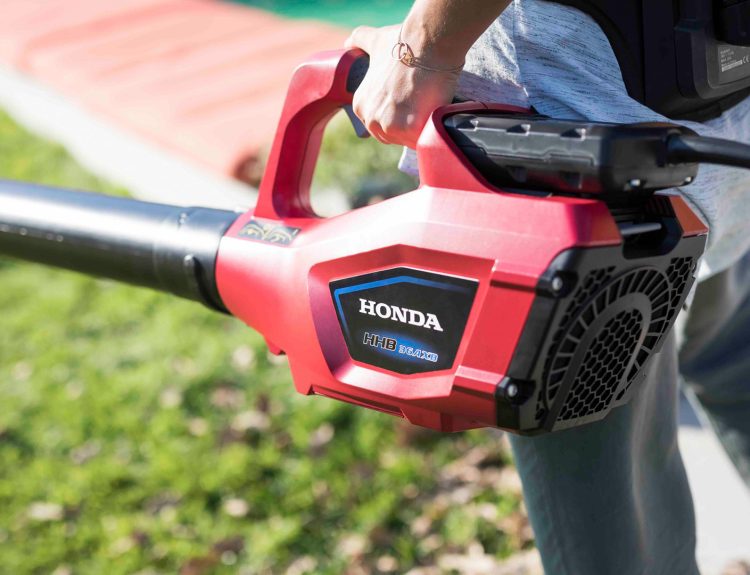We try our best to live sustainably, but some everyday items we assume are recyclable end up in landfills. Pizza boxes, plastic grocery bags, wire hangers-these misleading products often disrupt recycling machinery, contaminate other materials, and ultimately get tossed as waste.
Keep reading to uncover 11 deceiving “recyclables” that aren’t as earth-friendly as you thought. You’ll learn the key reasons why these sneaky items don’t make the cut and pick-up tips for keeping them out of the trash through savvy consumption and disposal methods.
Greasy Takeout Containers Send Wrong Signals
You just built a stacked recycling tower to save space and want to fill it with grease-stained cardboard. However, leave soiled takeout containers out of your bin, as they damage recycling equipment and contaminate other materials.

Though convenient for transporting leftovers, repurposing soiled containers spells disaster for recycling plants. The grease and food scraps render the cardboard unfit for processing into new paper products.
Those Handy Bottle Caps Don’t Make The Cut
You diligently separate plastics by type before binning water bottles, unaware their caps fall into the “not recyclable” category. Though the bottles themselves may be recycled, their plastic lids often remain non-reprocessed landfill litter.
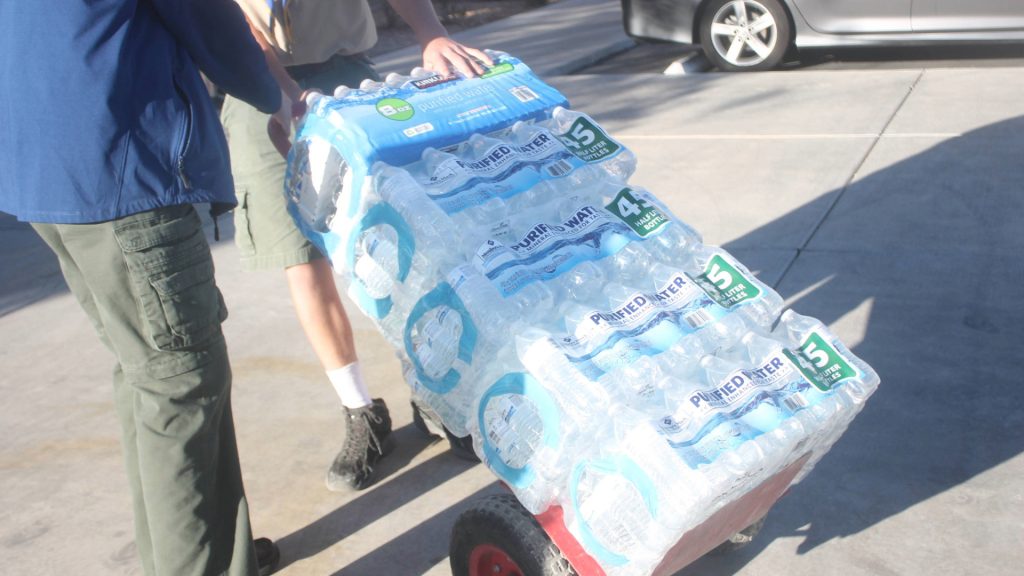
As the lids are commonly made from plastics impervious to recycling, remember to trash those caps before crushing containers. Facilities can work wonders with eligible plastics, but bottle caps generally flunk the test.
Contaminated Paper Goods Are Off Limits
You feel good about recycling paper items until you learn paper towels, tissues, napkins, and some food boxes don’t cut. Why? These paper products tend to be chemically coated, colored, or soiled, rendering them unfit for recycling.
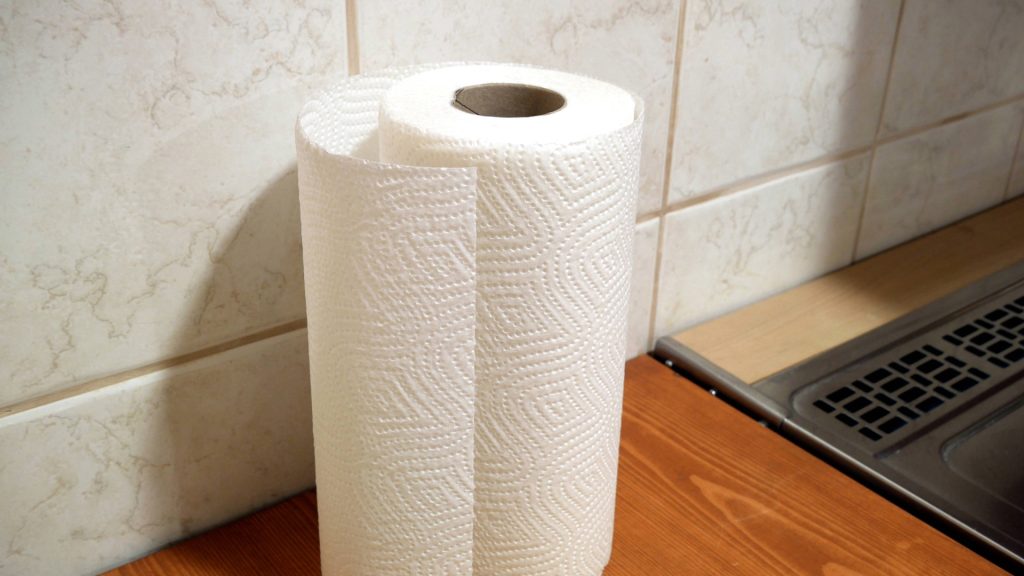
Rather than wishfully tossing questionable paper goods into your home recycling, first check with your local facility. If they reject the items, explore reusable alternatives: cloth napkins and reusable food containers.
Plastic Bags Slip Through The Cracks
It’s easy to toss plastic grocery bags into the recycling without realizing most municipal facilities don’t accept them. Their tendency to clog sorting machines means these bags end up in landfills despite being plastic.
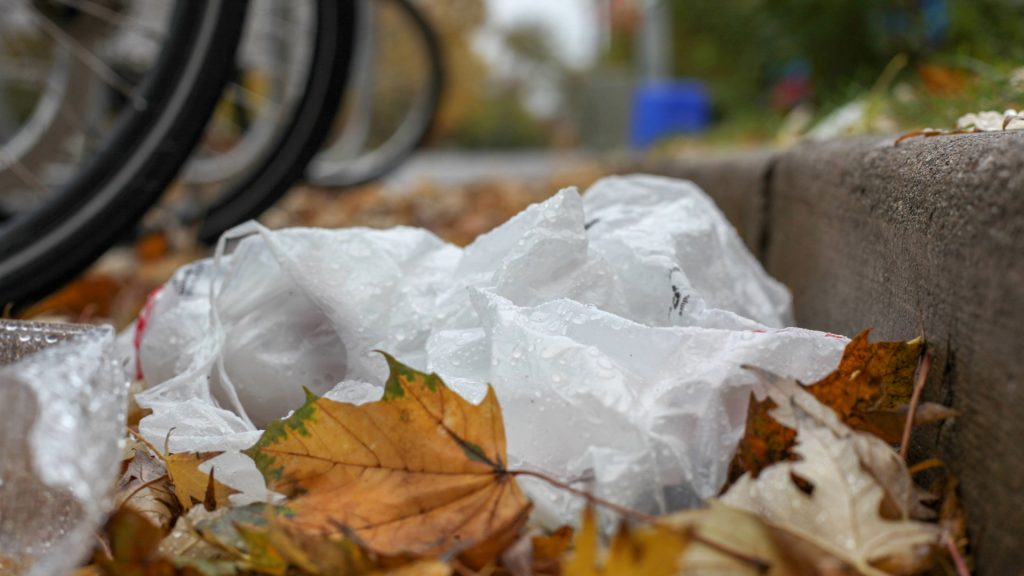
While some stores offer plastic bag recycling, your best bet is refusing single-use plastics altogether. Maintain a stash of reusable grocery totes to keep countless bags out of landfills and our environment.
Wire Hangers Get Tangled Up In The Process
Believe it or not, wire hangers belong in the trash despite their metal composition. Most recyclers cannot process tangled wire safely. Though your local dry cleaner might accept them, few facilities can handle wire.
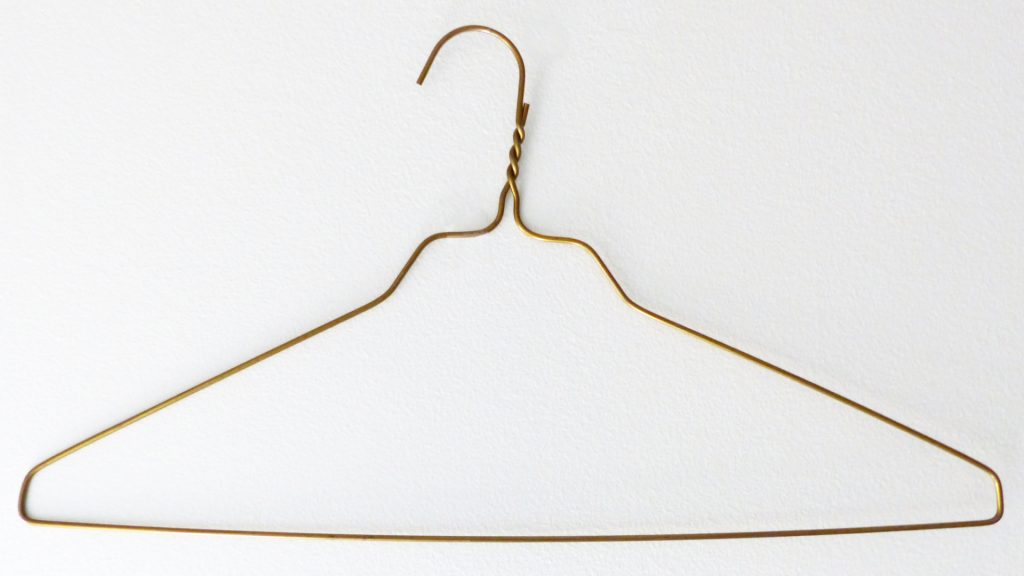
Rather than risk equipment damage and worker safety, keep wire hangers out of curbside recycling. Maintain a few to unclog sinks and paint cans, then trash the rest. Metal-free hangers are only for the bin!
Broken Ceramics Bring Bad Luck
You reluctantly toss your broken mug, hoping ceramic qualifies as recyclable. Unfortunately, most facilities cannot process shattered dishes and clay debris. Unless explicitly stated otherwise, ceramics require landfill disposal.
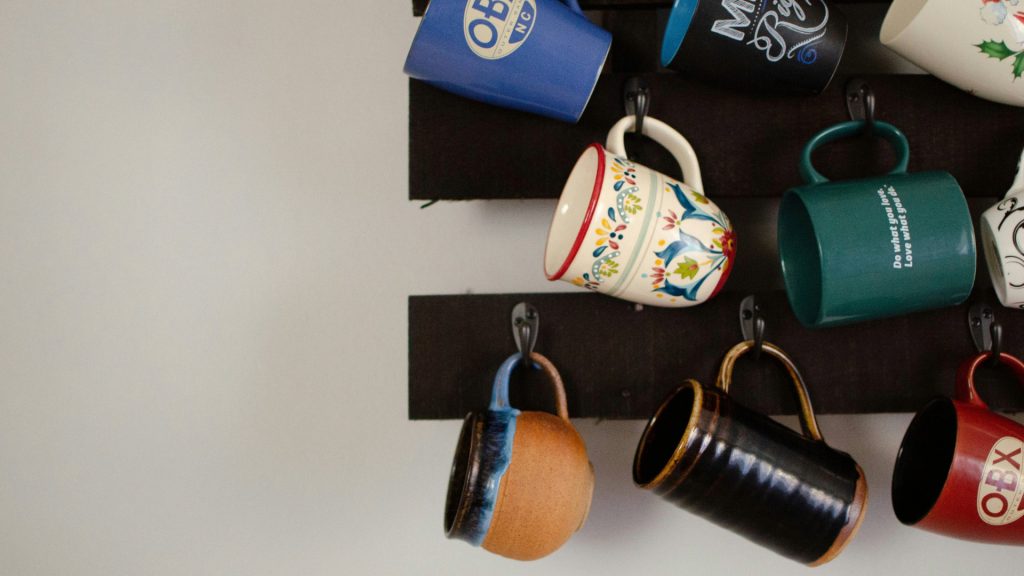
Call ahead before dumping damaged dinnerware to check if your recycler can grind ceramics. Otherwise, give broken pottery pieces a creative new life through mosaic art projects before trashing them as a last resort.
Not All Glass Makes The Grade
You know to keep broken glass out of curbside recycling to protect workers. But did you realize many intact glass pieces still don’t cut? Windows, bakeware, lightbulbs, and more fail to meet glass recycling criteria.

As tempting as it feels to recycle glass, unfamiliar shapes and sizes can disrupt sorting and processing machinery. When in doubt, contact your local facility to learn their glass recycling policies. Better safe than sorry.
Styrofoam’s Not Destined To Be Recycled
Despite its prevalence in packaging, Styrofoam lacks wide-scale recyclability due to economic unfeasibility. Facilities cannot justify the costs to collect, sort, process, and transport foam.
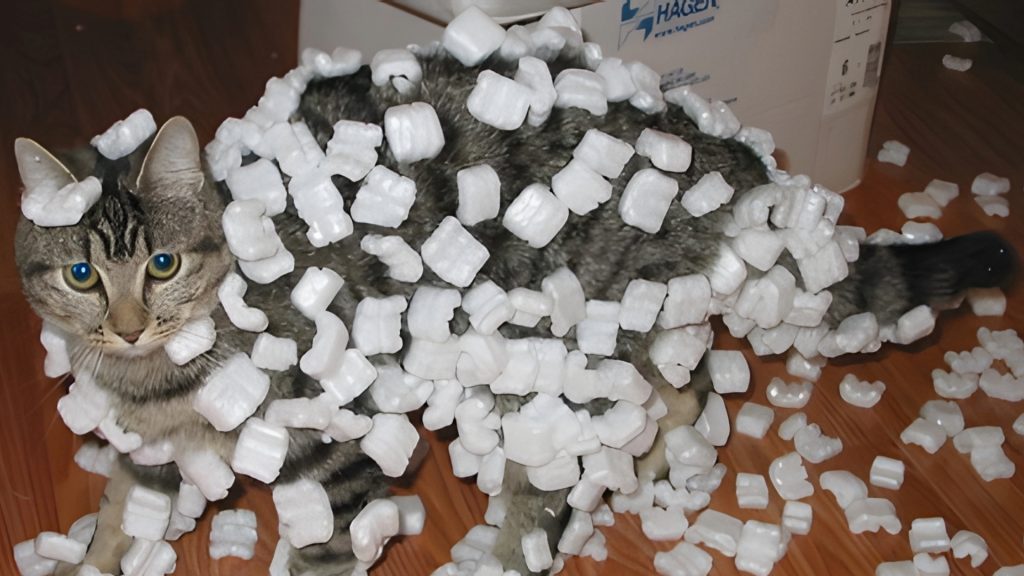
Rather than wishfully send foam packing peanuts and food containers to recycling purgatory, rethink their use altogether. Seek recyclable packaging alternatives and minimize dependence on this environmentally persistent material.
Keep Shredded Paper Out Of The Bin
You spent an hour responsibly shredding documents only to learn most recycling plants cannot process shredded paper. The thinly shredded scraps are nearly impossible to sort properly at facilities.

While recycling whole paper, refrain from tossing post-consumer shredded scraps into your curbside bin unless explicitly permitted. Get creative repurposing shredded waste instead, of using it for compost or packing material before trashing.
That Handy Juice Carton Could Be A Landfill Denizen
You merrily toss empty juice and milk cartons into the recycling, unaware that many sport unrecyclable plastic linings. This sneaky coating keeps liquids in but foils recycling efforts once discarded.

Check cartons for a recycling symbol before binning. If they ultimately aren’t recyclable, transform them into crafty containers or feeders for your feathered friends rather than send them straight to the landfill.
Colorfully Treated Paper Fails Recyclability Tests
You and the kids delightedly filled stacks of vibrant construction paper with drawings and crafts. But before recycling the colorful scraps, reconsider-chemically altered paper often proves unrecyclable.

Unfortunately, paper that undergoes intensive dyeing, bleaching, and coating treatments poses contamination risks at recycling facilities. The chemical residues can severely disrupt pulp processing, especially when mixed with untreated scrap paper. Rather than chucking questionable paper products into your curbside bin, call your local plant first to check policies. Seek out untreated, uncolored stocks for future projects. If you do have treated paper waste, upcycle it through arts and crafts before disposal.
Commit to Responsible Recycling Practices
We all try to make sustainable choices, but many well-intentioned folks still end up trashing items they assumed were recyclable. Get hip to recycling no-nos in your community, double-check guidelines, rethink household disposables, and when in doubt, leave it out of the bin! Make a personal commitment to recycling properly by knowing guidelines, responsibly repurposing anything non-processable, and limiting consumption of hard-to-recycle materials when possible. Follow these tips to divert waste from landfills while building awareness.
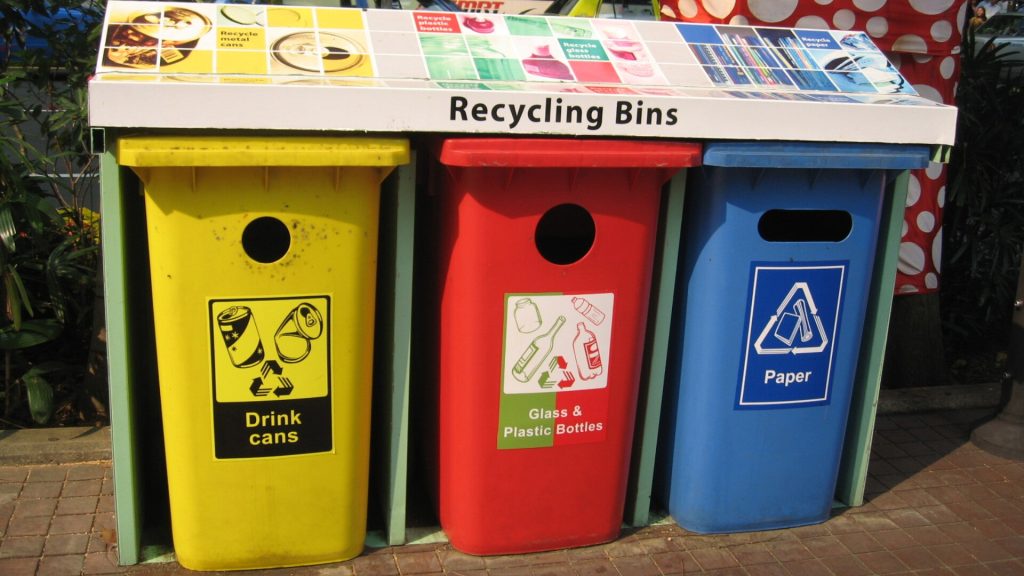
It also helps to directly contact your local recycling facility to learn current policies. New technologies and processing capacities change frequently, rendering old assumptions about recyclability invalid. What couldn’t be recycled last year may now be accepted. Stay in the know by connecting with community resources-it makes all the difference in creating effective personal recycling habits. We all have room for improvement when it comes to keeping problematic “recyclables” out of landfills through mindful consumption and disposal.




